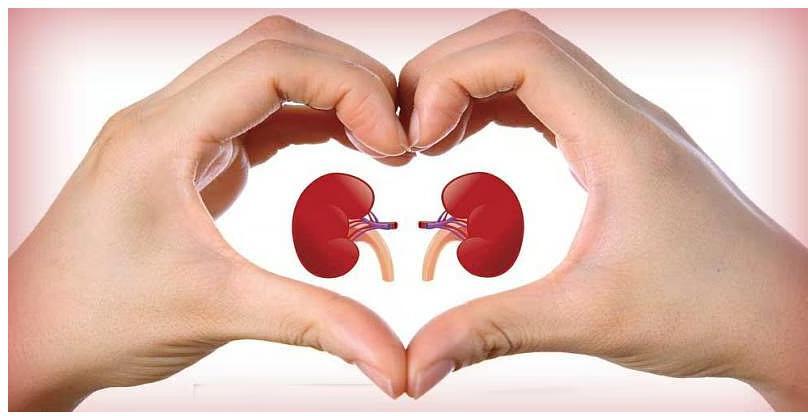
High Blood Pressure Can Damage Kidneys Before Clinical Symptoms Appear: Study
High blood pressure (hypertension) is a common condition that affects millions of people worldwide. While it is often associated with cardiovascular disease, its impact on the kidneys is often overlooked. A recent study has shed light on the alarming fact that high blood pressure can damage kidneys even before clinical symptoms appear. In this blog post, we will delve into the findings of this study and explore the importance of early detection and treatment to prevent long-term damage.
The study, published in the journal Kidney International, investigated structural changes in the kidneys of patients with hypertension and type 2 diabetes. The researchers used advanced imaging techniques to examine the kidneys of 120 patients with hypertension and type 2 diabetes, as well as 60 healthy individuals without the conditions.
The results were striking. The study found that high blood pressure can lead to abnormalities in specialized cells in the renal filter at an early stage, even before clinical symptoms appear. The renal filter, also known as the glomerulus, is a delicate structure that plays a crucial role in removing waste and excess fluid from the blood. Damage to this structure can lead to kidney disease, which can progress to kidney failure if left untreated.
The study’s lead author, Dr. Zhe Jin, emphasized the significance of the findings: “Our study shows that high blood pressure can cause damage to the kidneys even before symptoms appear. This means that early detection and treatment are crucial to slowing the progression of kidney disease and preventing long-term damage.”
The researchers identified several key findings that highlight the importance of early detection and treatment:
- Kidney damage can occur at an early stage: The study found that kidney damage was present in 60% of patients with hypertension and type 2 diabetes, even before clinical symptoms appeared. This suggests that high blood pressure can cause damage to the kidneys at an early stage, before symptoms become apparent.
- Abnormalities in specialized cells: The study discovered abnormalities in specialized cells in the renal filter, which are responsible for removing waste and excess fluid from the blood. This damage can lead to kidney disease and potentially kidney failure if left untreated.
- Hypertension is a major risk factor: The study found that hypertension was a major risk factor for kidney damage, even in patients without clinical symptoms. This suggests that blood pressure control is essential for preventing kidney damage and disease.
- Type 2 diabetes is a significant comorbidity: The study found that patients with both hypertension and type 2 diabetes were at a higher risk of kidney damage than those with hypertension alone. This highlights the importance of controlling blood sugar levels in patients with hypertension.
The study’s findings have significant implications for the management of hypertension and type 2 diabetes. Early detection and treatment of high blood pressure and type 2 diabetes can help slow the progression of kidney disease and prevent long-term damage.
What can you do to prevent kidney damage?
- Monitor your blood pressure: Regular blood pressure monitoring can help identify early signs of kidney damage. Work with your healthcare provider to set a target blood pressure range and take steps to achieve it.
- Manage your type 2 diabetes: Tight blood sugar control can help prevent kidney damage. Work with your healthcare provider to develop a personalized treatment plan.
- Maintain a healthy lifestyle: A healthy diet, regular exercise, and stress management can help reduce blood pressure and prevent kidney damage.
- Get regular check-ups: Regular check-ups with your healthcare provider can help identify early signs of kidney damage and prevent long-term damage.
Conclusion
High blood pressure can damage kidneys before clinical symptoms appear, and early detection and treatment are crucial to slowing the progression of kidney disease and preventing long-term damage. The study’s findings emphasize the importance of monitoring blood pressure and managing type 2 diabetes to prevent kidney damage.
By working with your healthcare provider to develop a personalized treatment plan and adopting a healthy lifestyle, you can reduce your risk of kidney damage and prevent long-term damage. Remember, early detection and treatment can make all the difference in preventing kidney disease and promoting overall health.






